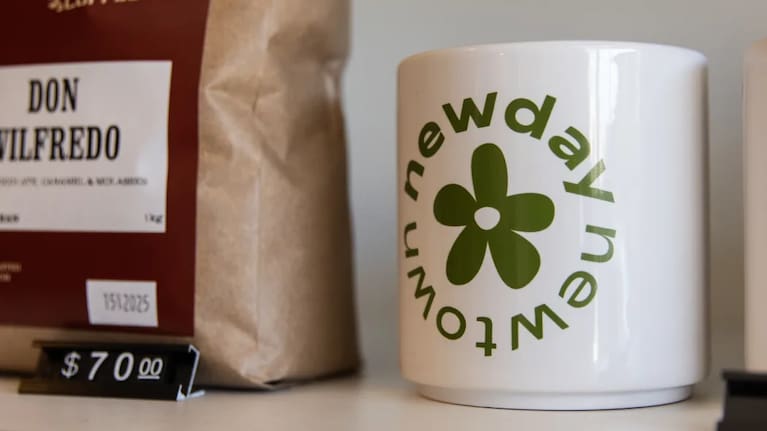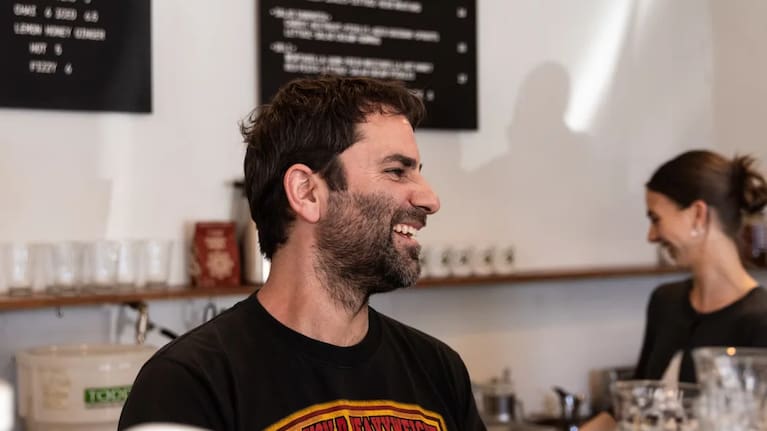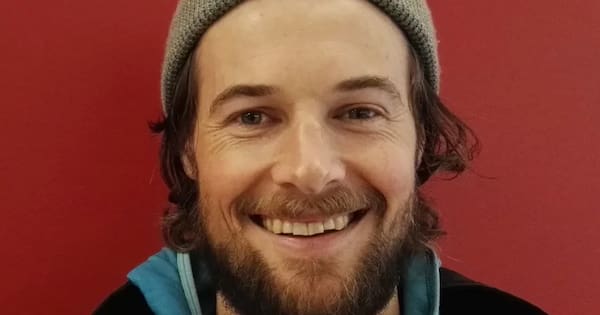The founder of popular Wellington coffee brand People’s Coffee says a “brutal” 18 months in the hospitality industry informed his decision to sell the business entirely.
Industry experts say still rising coffee prices are making it increasingly difficult for roasters, but new owners of the brand and its former flagship cafe say they are committed to keeping independent coffee culture alive.
Matt Lamason sold the People’s Coffee brand to Wellington coffee roastery Karamu Coffee in July after 21 years heading the brand.
He also sold the brand’s three cafes in the city at different times over the past six months.
Lamason said despite the illusion of a flourishing business with cafes in the city and the brand being sold into supermarkets, the reality of the tough economic environment in Wellington was different.
The cafes made record losses in 2024, he said.
“When you’re running a business, you don’t tell your customers everyday how shit it is, because it’s just not the energy we work with and not good for anyone. But we were aware of eroding margins for quite some time.
“It’s just been a really brutal time in hospo, for me, and my experience of running the business for the past 18 months.”
People’s Coffee embarked on a plan to expand its organic, Fair Trade coffee into supermarkets in 2022, launching a Pledge Me crowdfunding campaign in that year, with another drive last year.
Lamason said during that time, the price of green coffee had reached an all-time high while competition in the cafe market increased.
“In hindsight you’d just keep hold of your capital and just stay small and nimble, but we spent that money on expanding and on more machines and staff and those things just didn’t come good.”
He said he was “gutted” there would be no financial return for shareholders and investors and the sale of the business would barely cover creditors.
That he was able to sell to a Wellington coffee roastery was a silver lining, he said, and he was still looking for a buyer for the business’s two roasters and plant.
Global coffee prices squeezing ‘every part’ of the supply chain

Due to a worldwide shortage, global coffee prices have been steadily rising since 2020, reaching $9.05 per kg for arabica coffee beans in February – its highest level ever. Imports into New Zealand have surged by 84% since mid-2020.
Infometrics economist Brad Olsen said despite a decrease in July, prices have risen again in August to $8.00 per kg.
He expected these most recent global coffee price increases to hit the New Zealand market in the next couple of months.
Olsen said the increase in prices was squeezing “every part of the supply chain”.
“The likes of New Zealand cafes are trying to say to roasters I need you to wear the hit a bit…but roasters are still having to buy some pretty expensive beans from overseas so you are seeing that pressure throughout the wider coffee supply chain.”
Several high-profile New Zealand coffee businesses have sold to large, international and national companies in the past, including Flight Coffee to Australian’s Nomad Coffee Group in 2018, Allpress Espresso to Japanese beverage giant Asahi Breweries in 2021, and Coffee Supreme was bought by New Zealand private equity firm Pioneer Capital in 2022.
The morning’s headlines in 90 seconds, including a new name for an Auckland transport hub, Jimmy Kimmel’s set to return, and a big boost for the All Blacks. (Source: Breakfast)
Ripe Coffee’s Jason Hall, who’s started the website Independent Coffee Roasters of New Zealand, said it was becoming increasingly difficult to stay independent.
“Most cafes now, people are just earning a living, paying a wage and earning themselves a wage. As these prices have gone up for the roasters, it’s very hard to pass all those costs to the cafes. It means the rosters – especially the independent ones that aren’t financed by off-shore money – it makes them harder to keep the business afloat and make the margins on the product.
“There’s cheap quality coffee but there’s no cheap price coffee out there at the moment.”
Hall said he started the website to offer a directory for consumers to seek out independent roasters throughout the country.
‘Committed to independent coffee culture’ – new owners

But new People’s Coffee owner Mike Pullin, who also owns roastery Karamu Coffee in Lower Hutt, said he was excited about purchasing the brand.
Bringing People’s Coffee into his roastery in Lower Hutt made financial sense, he said.
“We don’t have to buy into the bad press or the negativity or anything like that. We are just going to carry on doing what we do.
“People love coffee, we love producing coffee and making coffee.”
Pullin said he would keep the same Fair Trade coffee beans People’s Coffee has been using, and possibly expand into rainforest alliance coffees or bird-friendly coffees.
He said he didn’t want to see the market become generic, with all major brands owned by conglomerates.
“We’re proudly independent, we’re proudly New Zealand. We employ people locally and our money stays here in New Zealand and the community.
“We’re not sending stuff offshore.”
Sam Peters, who bought the brand’s former flagship cafe in Newtown with his partner, and has renamed it Newday, said he wanted to hold onto the community spirit that encapsulated the brand.
Peters himself grew up in Newtown, and remembered when the People Coffee’s brand was just starting.
“It was such an iconic spot in Newtown. We are not going to change it in terms of that community feel.
“We know everyone’s names – there’s people that come here everyday and have been doing for 20 years, and we don’t want that to change.”
Peters said he and his partner had done a good “spruce-up of the place”, offering new food and made-to-order sandwiches.
He said buying the business was a chance to grow on the independent coffee culture that’s been built.
“We’re only at the beginning, we’ve got lots of ideas.”
By Ellen O’Dwyer of rnz.co.nz

